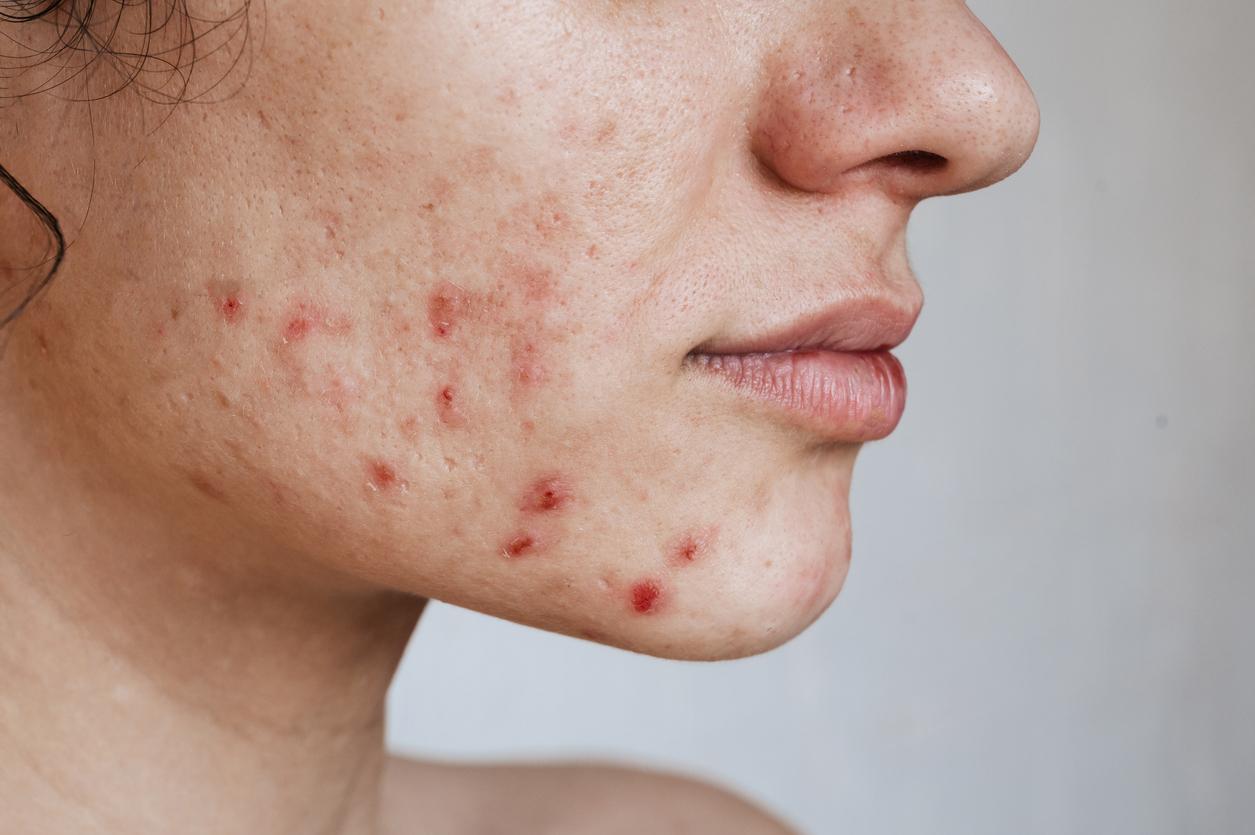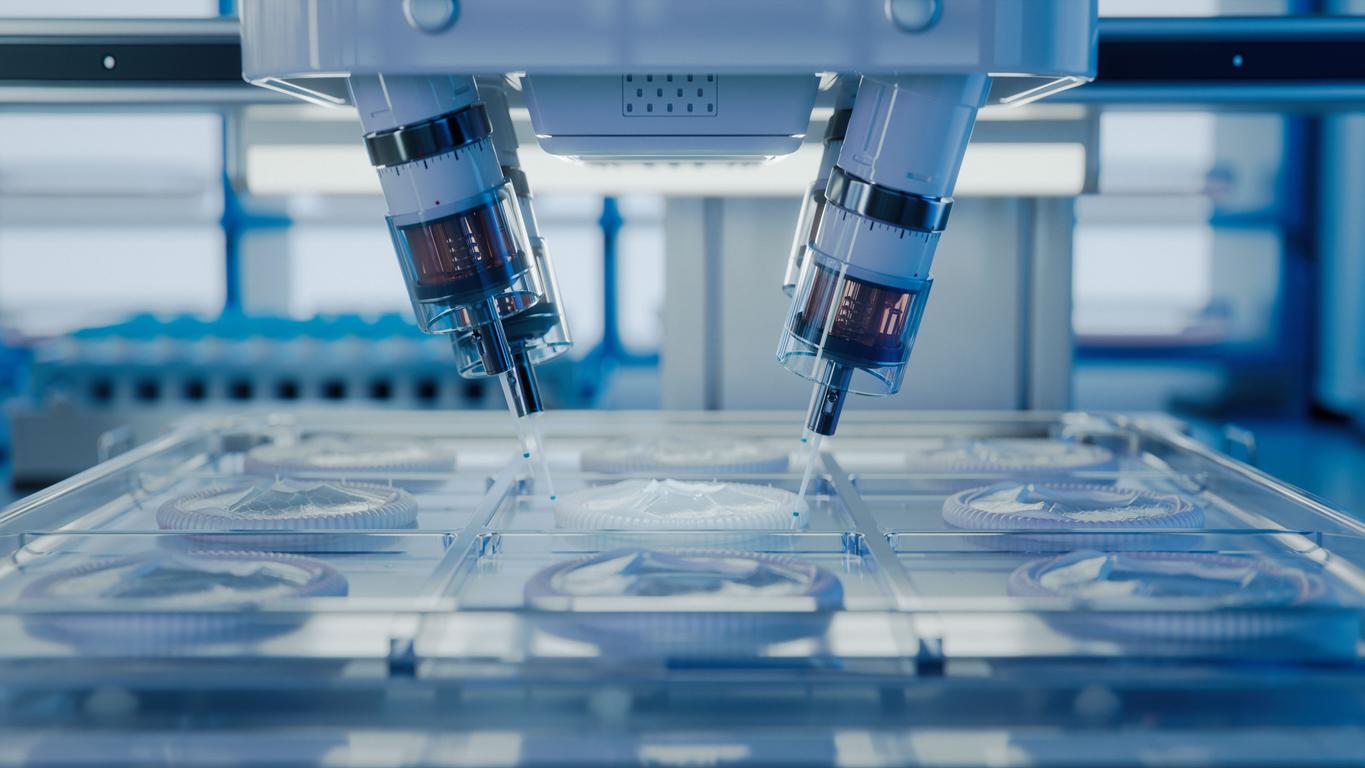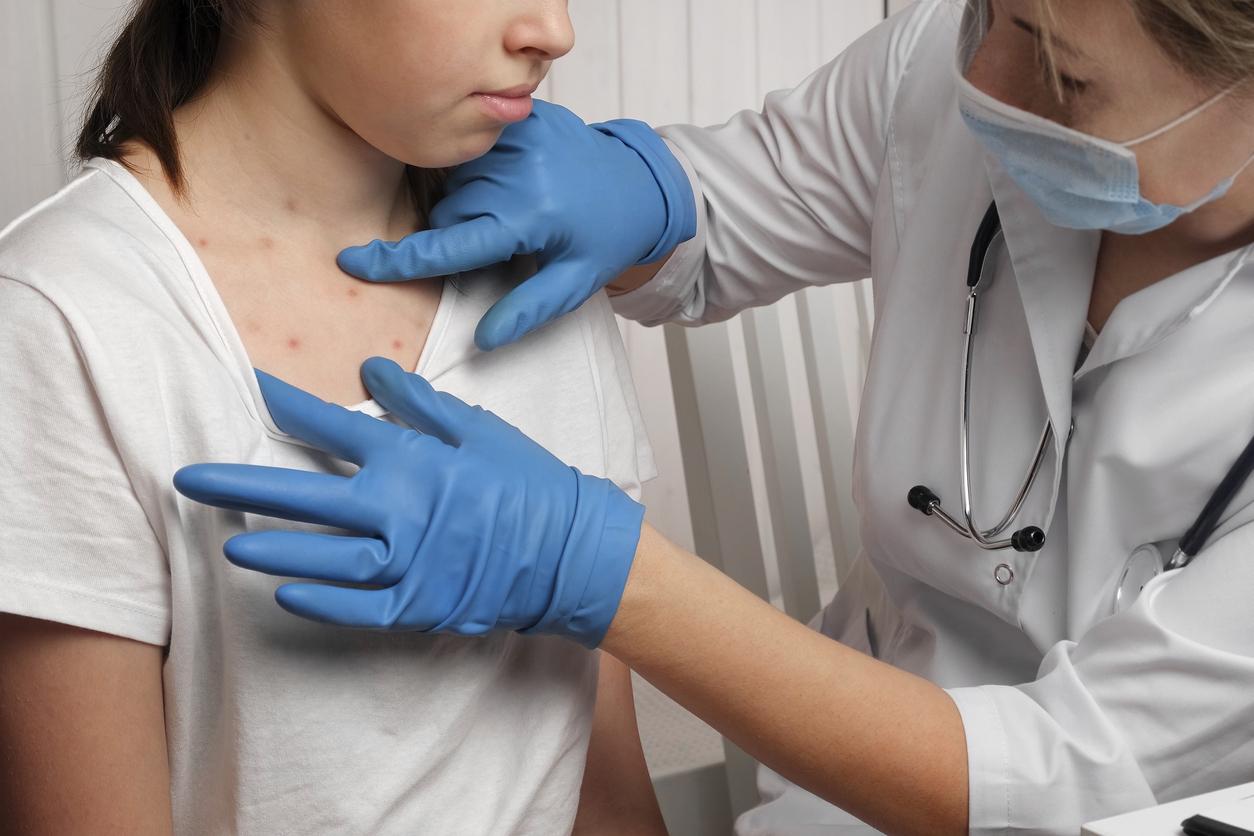Acting on a nutritional level helps reduce the symptoms of acne.

- Taking omega-3 fatty acid supplements led to a significant reduction in acne lesions, a new study found.
- “Lifestyle interventions, including dietary recommendations, should not be viewed as an opposition to prescribed medications, but rather as a valuable adjunct to any modern acne treatment plan,” said study author Anne Guertler.
- Acne is a skin disease that manifests itself through lesions (comedones, papules, pustules, nodules, cysts).
Can consuming omega-3 fatty acids positively affect the severity of acne? It seems so.
Acne: 98.3% of participants had omega-3 fatty acid deficiencies
According to a study published in the Journal of Cosmetic Dermatology and involving 60 people with mild to moderate acne, following a Mediterranean diet and taking omega-3 fatty acid supplements resulted in a significant reduction in inflammatory and non-inflammatory skin lesions, as well as an improvement in quality of life.
It is also worth noting that 98.3% of participants had omega-3 fatty acid deficiencies at the start of the study.
“Lifestyle interventions, including dietary recommendations, should not be viewed as an opposition to prescribed medications but rather as a valuable adjunct to any modern acne treatment plan,” said study author Anne Guertler (Ludwig Maximilian University, Munich). “Future research should, in my opinion, build on the foundations laid by our results in a randomized, placebo-controlled study to improve dietary recommendations for patients with acne,” she adds.
Acne: what symptoms can be reduced thanks to omega-3 fatty acids?
Acne is a skin disease that manifests itself through lesions (comedones, papules, pustules, nodules, cysts).
Published last March in the Journal of the American Academy of Dermatology (JAAD), a new international study shows that the global prevalence of acne is 20.5%. This is highest among adolescents and young adults (28.3%) but does not spare older people (19.3%).

Acne and Omega-3 fatty acids: what are the other treatments?
According to Health Insurance, acne treatment is necessary:
– as soon as the acne is severe and there is a risk of scarring;
– regardless of the degree of clinical severity if the acne has a psychosocial impact on the person, if it affects their quality of life or if it interferes with their relationships with others.
Regarding the controversial treatment known as Roaccutane (or isotretinoin), Ansm specifies that “Oral isotretinoin is a medication indicated to treat severe acne when conventional treatments involving oral antibiotics and a trlocal treatment (cream, gel, lotion, etc.) were not sufficiently effective.”
It also states that: “Oral isotretinoin may cause side effects, some of which may be serious. This is why particular attention should be paid to: psychiatric disorders, particularly depressive disorders; foetal malformations if isotretinoin is taken during pregnancy (teratogenic risk).”

















